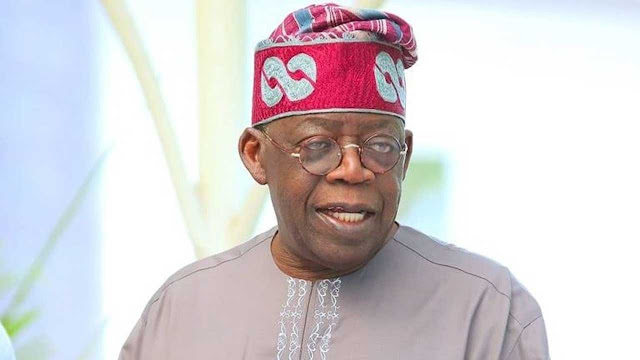CC™ News
Daniel Acker/Bloomberg via Getty Images
By Kelly Weill
Six years after his last armed standoff with law enforcement, far-right leader Ammon Bundy appears to be threatening another armed action—this time over a lawsuit from an Idaho hospital he’s accused of harassing.
“They’re suing me for defamation. They’re probably going to try to get judgments of over a million dollars and take everything they have from me,” Bundy told the conservative Idaho Dispatch in a livestream video this week. “And I’m not going to let that happen. I’m making moves to stop that from happening. And if I have to meet 'em on the front door with my, you know, friends and a shotgun, I’ll do that. They’re not going to take my property.”
Bundy, who recently and unsuccessfully ran for governor of Idaho, rose to national fame during tense confrontations with federal law enforcement at his family’s Nevada ranch in 2014 and at the Malheur National Wildlife Refuge in 2016. Following those standoffs, Bundy launched the People’s Rights Network, a far-right activist group.
Bundy, the People’s Rights Network, and other associates are defendants in a lawsuit by St. Luke's Meridian Medical Center, which accuses the right-wing network of defamation.
In March, Bundy and the People’s Rights Network mobilized against the St. Luke's where Bundy claimed a baby had been “medically kidnapped [...] due to a missed non-emergency doctor’s appointment.”
Authorities disputed Bundy’s characterization of the case. The baby, a grandson of a People’s Rights member, was admitted to the hospital early that month for “severe malnourishment,” according to police. The 10-month-old gained weight in the hospital and was discharged with his parents, after which he “lost a significant amount of weight and the parents canceled the next follow-up appointment and could not be located.” The baby’s doctor, who was not affiliated with the hospital, reported concerns to Idaho’s Department of Health and Welfare, which flagged the baby as in “immediate danger involving a life threatening and/or emergency situation,” according to the hospital’s lawsuit.
After agreeing to another appointment and failing to appear, the parents allegedly refused to let police check on the child at home. The family was later found during a traffic stop and the baby was taken to the hospital, where he was treated for three days. The DHW returned him to his parents three days later.
During the baby’s hospital stay, Bundy and followers harassed staffers in an ambulance bay, leading to Bundy’s arrest for allegedly trespassing and resisting or obstructing officers. The People’s Rights Network campaign caused a security threat that sent the hospital into lockdown, during which it was unable to accept ambulances for an hour.
The Bundy network fabricated conspiracy theories about St. Luke’s and its staff, all while running fundraisers online, the hospital claims in its lawsuit. “These solicitations for charitable contributions were made based on defamatory statements about the St. Luke’s Parties and others kidnapping, trafficking, and killing children.”
The online campaign falsely accused the hospital of vaccinating the baby against his parents’ wishes, and claimed the baby had been forced to take “toxic poison” and “possibly could lose his life because of the decisions of people [at St. Luke’s] who don’t even care” about him. The campaign also singled out St. Luke’s doctors, whom it falsely accused of mass kidnapping.
“They told their followers to target the same individuals for doxing and harassment. Defendants mirrored false statements across the websites and social media they controlled,” the lawsuit reads. “Defendants also organized a campaign of technological disruption. They encouraged their followers to flood St. Luke’s phone lines and email inboxes in an effort to shut down St. Luke’s operations. Defendants’ followers jammed phone lines with menacing calls (including death threats), sent threatening emails, and sent spam to disrupt servers.”
St. Luke’s claims the defendants raised more than $115,000 from the protests.
Bundy, who did not return The Daily Beast’s request for comment, hasn’t been cooperating with the lawsuit. He’s skipped court appearances, including a September sanctions hearing. In his interview with the Dispatch, Bundy held up a stack of court papers and said he’s been throwing them in the garbage.
“I just throw it all away. I literally just take it from the mail and throw it in the garbage,” he said. “I haven’t responded one bit to them.” He added that “they have servers that come here all the time, knocking on the door, serving papers.”
St. Luke’s is seeking monetary damages from the defendants, which it says it will donate to the Children at Risk Evaluation Service. While it is unclear exactly how much the hospital will seek, it requested a sum total of at least $50,000, combined, from the defendants.
Source: The Daily Beast





















